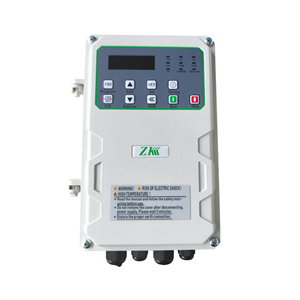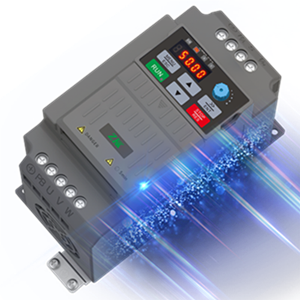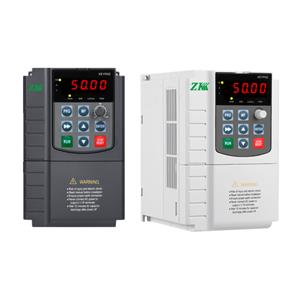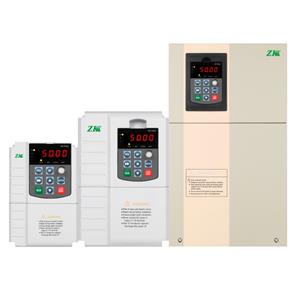Diverse Applications Across Sectors of solar pump inverter
Diverse Applications Across Sectors
Solar pump inverters are versatile tools that cater to a wide range of water supply needs, with applications spanning:
-Agricultural Irrigation: The largest market for solar pump inverters, agricultural applications include drip irrigation, sprinkler systems, and flood irrigation for crops. Farmers in regions with abundant sunlight (e.g., Southeast Asia, Africa, the Middle East) use these systems to reduce reliance on costly grid electricity or diesel generators, lowering irrigation costs and improving crop yields by ensuring consistent water supply.
-Rural and Off-Grid Water Supply: In remote communities without access to the electrical grid, solar pump inverters power groundwater extraction from wells or surface water pumping from rivers and lakes, providing clean drinking water and supporting sanitation initiatives. International organizations and governments often deploy these systems as part of rural development projects, enhancing quality of life and reducing waterborne diseases.
-Residential and Commercial Use: For homes, resorts, and small businesses in off-grid or grid-connected areas, solar pump inverters enable self-sufficient water supply for gardens, swimming pools, and domestic use. Hybrid models that integrate grid backup ensure uninterrupted service during extended periods of low sunlight.
-Industrial and Municipal Applications: Large-scale solar pump inverter systems are used in municipal water treatment plants, industrial cooling systems, and wastewater management, reducing operational costs and carbon footprints for cities and corporations.
Current Market Trends
The global solar pump inverter market is experiencing robust growth, driven by several key trends:
Falling Solar Costs: The declining price of PV panels and inverters has made solar-powered water systems more affordable, particularly in developing economies where energy access is limited. Governments and international agencies are also offering subsidies and incentives to promote adoption, further stimulating market growth.
Shift to Hybrid and Storage-Integrated Systems: There is a growing demand for hybrid solar pump inverters that combine PV power with grid or battery storage. These systems address the intermittency of solar energy, ensuring 24/7 water supply and increasing system reliability. Battery-integrated models are particularly popular in remote areas where grid backup is unavailable.
Digitalization and Smart Control: Modern solar pump inverters are increasingly equipped with IoT (Internet of Things) capabilities, allowing users to monitor and control the system remotely via smartphones or computers. Features such as real-time performance tracking, fault alerts, and predictive maintenance enhance system management and reduce downtime.
Focus on High-Efficiency Motors: The integration of BLDC and PMSM motors with solar pump inverters is becoming more prevalent, as these motors offer higher efficiency, lower energy consumption, and longer lifespans compared to traditional induction motors. This combination further optimizes overall system performance and reduces operational costs.




